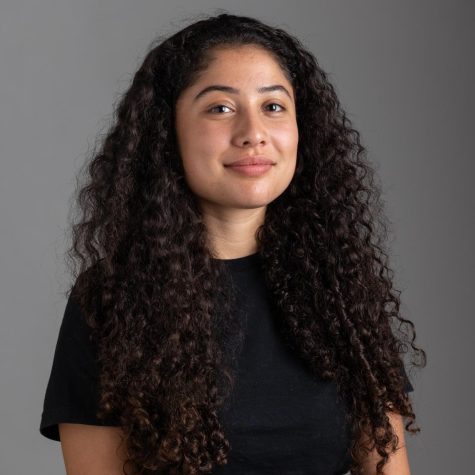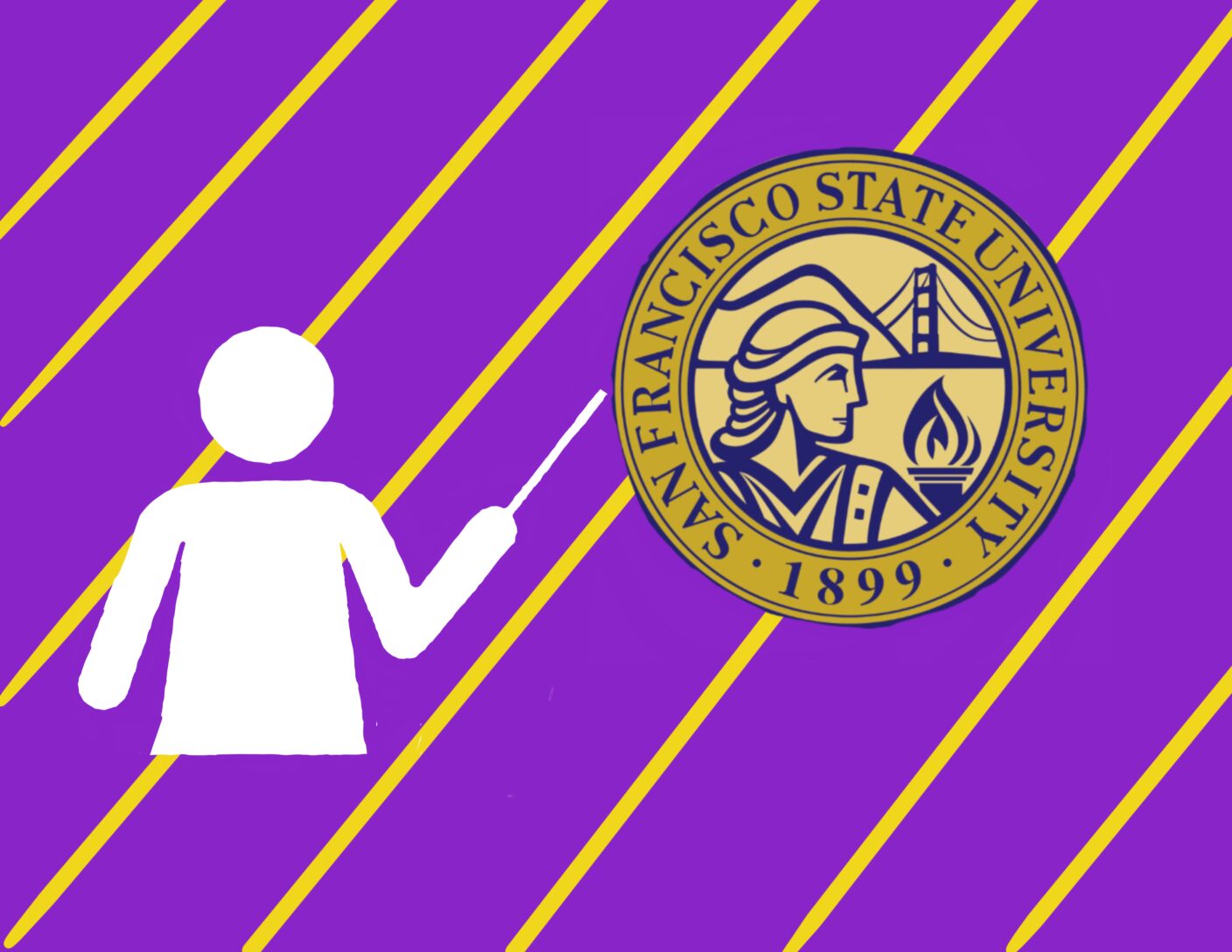
‘Their experiences are not the same’ faculty makeup fails to reflect student demographics
According to SF State’s Strategic Planning Committee, less than half of the college’s instructional faculty are from minority groups
May 6, 2022
Kaitlyn Tso, a third-year Filipino student and communications major at SF State, realized that the majority of her classes were not led by faculty of color. She said she could count the number of Asian teachers she has had on one hand.
“I have yet to have taken a communication studies class with an Asian American professor, seeing as a majority of my professors for my core classes have been white,” Tso said.
According to SF State’s Strategic Planning Committee, less than half of the college’s instructional faculty are from minority groups, opposed to the 70.52% of minority students that make up the student population.
SF State students feel that having a lack of representation within school faculty could cause equity gaps, in the sense that faculty might not understand to their day-to-day experiences.
Third-year Filipino student Kealani Tano said that students would feel more comfortable reaching out to faculty who have had similar experiences as them.
“I think that this is an issue because students cannot relate to or even trust their faculty members because their experiences are not the same,” Tano said. “I think CSUs including SFSU should be looking to hire more diverse individuals into the faculty, that way more students would feel comfortable reaching out to them.”
SF State’s Senior Associate Vice President for Enrollment Management Katie Lynch said that the efforts to diversify our campus start with the way our school recruits its students.
“I think it’s core to our mission to continue to serve a diverse student population,” Lynch said. “Our student demographics are really reflective of the diverse communities from which we attract and recruit students and that I think makes classroom learning more interesting and exciting because you get different perspectives.”
In contrast, SF State’s Associate Provost of Institutional Analytics Sutee Sujitparapitaya said that students’ ethnic backgrounds aren’t a factor in the enrollment process.
“Nobody really tries to factor in certain ethnicities or gender; you just happen to be who you are when you enroll,” Sujitparapitaya said. “Nobody really feels like a certain ethnicity has to be in a certain major or college. It’s just what happens.”
In 1978, the U.S. Supreme Court banned racial quotas in university admissions. Additionally, California is one of eight states that banned affirmative action – the consideration of race – in university admissions and public employment.
Cheyenne Moore, an SF State alumna, felt that when she attended our college from 2015-2019 the same issue was prevalent: her ethnicity was not represented through campus faculty.
“I was the only Black woman in my classes and then there was one Black male,” Moore said. “There were definitely classes where I was the only Black person there.”
Moore was disappointed with her experience at SF State after noticing a lack of representation and graduating during the pandemic.
“I feel like I got cheated,” Moore said. “Like my education was a slap in the face.”
Additionally, students feel that racial representation within their faculty becomes dependent on their major.
“I’m Asian American and minoring in Asian American studies, and having an Asian American and Pacific Islander professor when learning about the culturally diverse AAPI community has been amazing,” Tso said.
But Krystalyn Green, a third-year student, believes that it is important to keep an open mind and allow interests to guide our faculty’s teachings and students’ desired majors.
“I just feel like someone who is teaching a class about a certain aspect of culture that doesn’t belong to them should have more respect for those within that culture and listen,” Green said.



koko keti joni • May 10, 2022 at 7:13 am
this article its very informative, please visit our website too at http://uktk.ukm.unair.ac.id/2021/03/05/pelatihan-kelas-kecantikan-dan-make-up